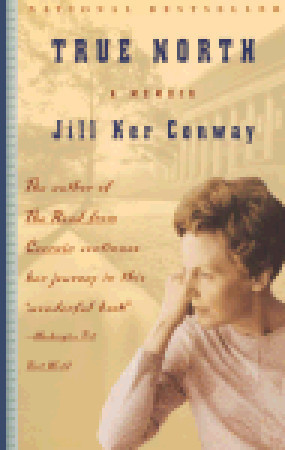What do you think?
Rate this book


250 pages, Paperback
First published August 9, 1994
"True North," says the Boston Globe, "has its moments," which sums up general reaction to this novel. Almost everyone found something to like, be it the passionate narration or the novel's strong sense of place. However, most reviewers also found serious flaws. While some praised Harrison's writing, a few pointed out its sloppiness. And nearly all were frustrated with the novel's structure, complaining that Harrison reveals key events too early and allows the story to founder as Burkett painstakingly searches his soul. Harrison has called American readers "grotesquely plot-oriented," and those who fit this description should avoid his newest novel. But for those who don't mind a long walk through the woods, there's True North.
This is an excerpt from a review published in Bookmarks magazine.